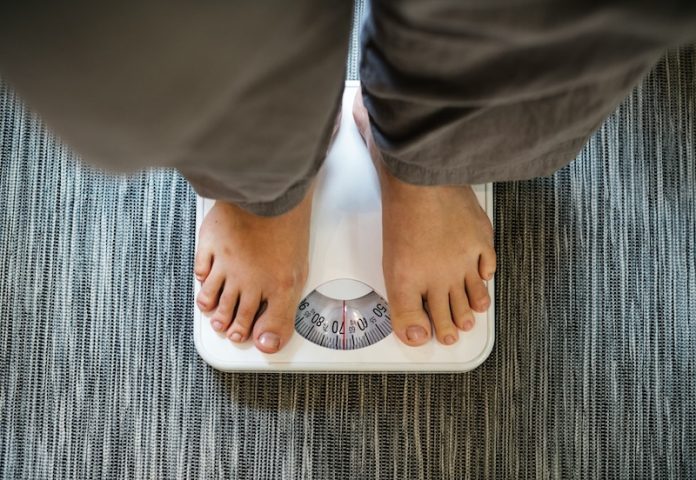
Since 1975, obesity rates have skyrocketed around the world. According to the World Health Organization, the number of overweight people has nearly tripled.
Most of us have heard the usual reasons: we eat too much fast food, we drink too many sugary drinks, and we don’t move our bodies enough. But what if there’s something else—something we can’t see—that’s quietly pushing us toward weight gain?
That’s exactly what scientist Barbara E. Corkey believes. She introduced the idea of “obesogens”—a class of invisible chemicals that could be playing a hidden role in the global obesity crisis.
Barbara E. Corkey is a respected medical and biochemistry researcher who has spent years studying how our bodies handle food and energy. Her theory is that obesogens are chemicals in our environment that may confuse our bodies, leading us to store more fat or feel hungry even when we don’t need more food.
These chemicals have been around for the last 50 years, and they’re found almost everywhere—in our food, water, plastic packaging, cleaning supplies, and even the air we breathe.
They’re especially common in ultra-processed foods like chips, candy, and packaged meals. People who eat a lot of these foods tend to weigh more, and it might not be only because of the calories—they may also be exposed to more obesogens.
Corkey explains that these chemicals may interfere with our body’s “redox state”—an internal signal that helps control energy balance. If this signal is thrown off, the body might act like it’s low on energy even when it’s not. This can cause us to eat more, store extra fat, and feel tired or sluggish.
Some obesogens might act like hormones, sending false messages to the brain and body. Others may directly affect fat cells, making them grow larger or multiply faster than usual. These effects can make it harder for people to lose weight, even if they’re eating healthy and exercising regularly.
If this theory turns out to be true, it could change how we think about and treat obesity. Right now, most weight loss programs focus on diet and exercise. But if obesogens are part of the problem, we may also need to focus on cleaning up the environment around us.
That could mean finding ways to reduce exposure to certain chemicals in our homes, food packaging, and even public spaces. It might also lead to the development of treatments that can block the effects of obesogens in the body.
Of course, this is still a developing area of research. Corkey’s ideas have been published in a respected scientific journal, and now other scientists can study them further. More research is needed to confirm which chemicals act as obesogens and how exactly they affect our health.
Still, the possibility is exciting—and important. It means that weight gain might not be entirely about willpower or personal choices. The world we live in, filled with man-made chemicals, might be silently influencing our health in ways we never imagined.
As science learns more about obesogens, we may discover new strategies for preventing and treating obesity that go far beyond food and exercise. Until then, staying informed and paying attention to both what we eat and the products we use could help us take small steps toward a healthier future.
If you care about weight loss, please read studies that hop extract could reduce belly fat in overweight people, and early time-restricted eating could help lose weight.
For more information about weight loss, please see recent studies that Mediterranean diet can reduce belly fat much better, and Keto diet could help control body weight and blood sugar in diabetes.
Copyright © 2025 Knowridge Science Report. All rights reserved.



